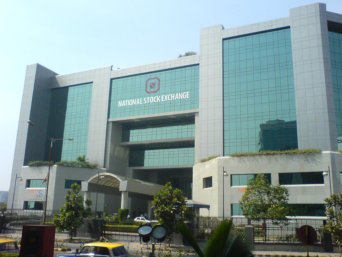- About
- Topics
- Story
- In-Depth
- Picks
- Opinion
- News
- Donate
- Signup for our newsletterOur Editors' Best Picks.Send
Read, Debate: Engage.
| located: | India, Pakistan, Myanmar |
|---|---|
| editor: | Shadi Khan Saif |
Surfing on the big wave of economic boom, India must not get carried away in the moment and lose the direction, especially in regard to its communal values.
Proudly propagating the notion of being the largest democracy in the world, India, appears to be losing the track with the rapidly spreading Hindu Nationalism in the country under the hardline premier, Narendra Modi. With the next general election just around the corner, the essence of pluralism gives the impression of eroding as the ruling powers are bent upon flaring-up sentiments by playing a religious card in a treacherous way.
This week, on the 26th anniversary of the demolition of Baburi Masjid, a 16th-century mosque in Indian’s northern state of Uttar Pradesh, the nationalist of the Bhartiya Janta Party (BJP), Shiv Sena and other parties gathered in the Ayodhya town to demand the construction of a disputed temple.
The dispute has been haunting India almost since its inception over 70 years ago. Things remained relatively peaceful, but tense until 1992, when thousands of activists belonging to extremist Hindu groups and political parties along with BJP leaders demolished it on December 6. It followed deadly communal violence in India claiming thousands of lives.
It was this incident in the 1990s that sowed the seeds of hatred in the previously coercive India.
To severely harm the country’s reputation and undermine a bright future for millions of its citizens, what the Indian leadership can do is to incite further violence in the name of religion. The case of the fate of the Masjid and the temple now rests with the country's Supreme Court.
Religious fanaticism has more often than not caused sufferings, especially in diverse societies such as India for which a case study in this regard can well be its neighbours Pakistan, Bangladesh and Myanmar. As Pakistan and Bangladesh struggle badly with Islamic extremism, once nurtured by the state forces, for their perceived strategic interests, the extremist Buddhists have caused havoc in Myanmar.
The economic success India is enjoying today can also be traced back to the 1990s when the country liberalised its economy, granting more space for the private sector and international investment. Indians have two simple choices to make from these two events in the 1990s that promise two different sorts of futures.
Photo: zadeus
